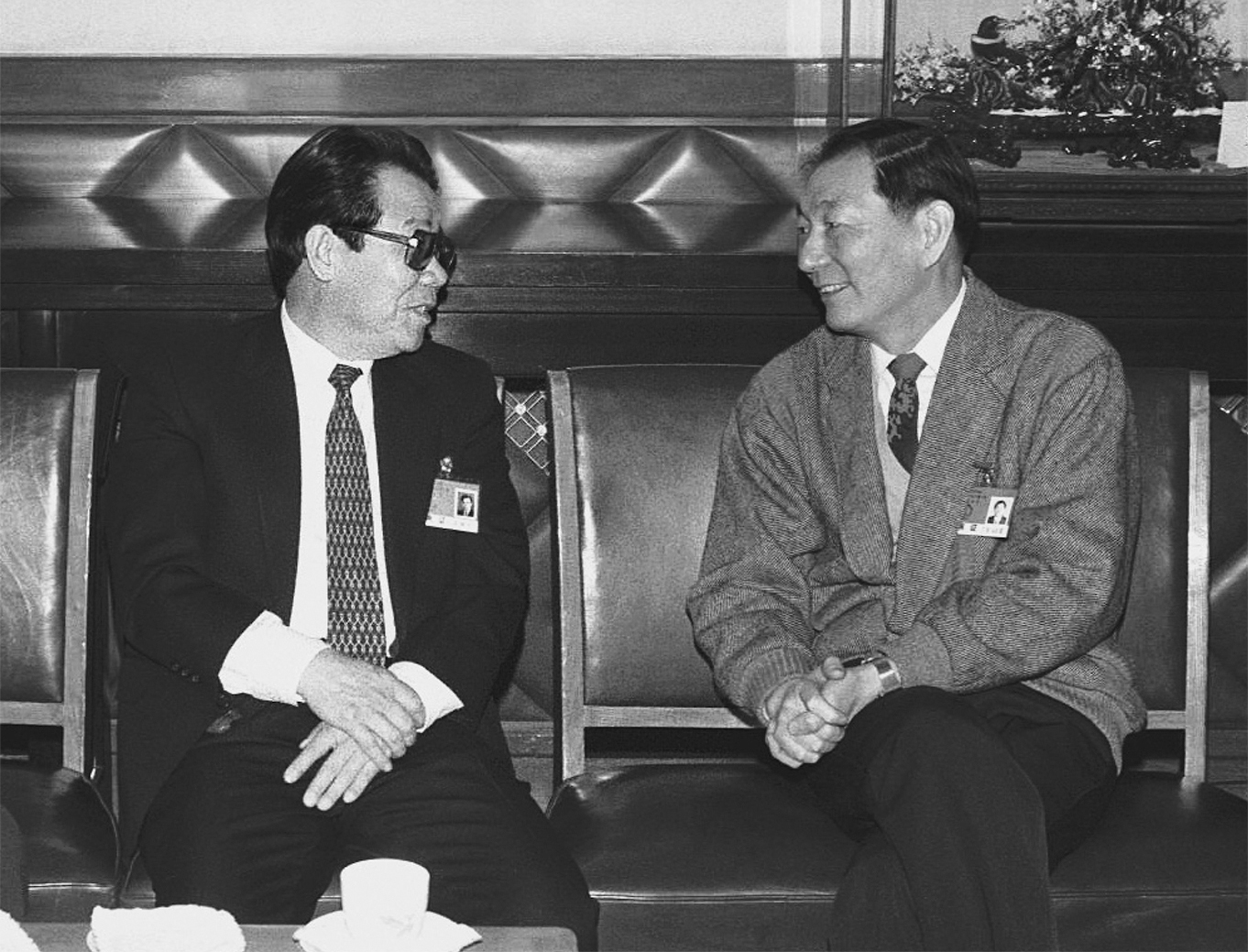MAKE THE SUPPLY OF NON-STAPLE FOODS FOR SHANGHAI’S RESIDENTS A BREAKTHROUGH POINT IN OUR WORK1
FEBRUARY 10, 1988
Before arriving at my current job in Shanghai, I twice asked Mayor Li Ruihuan of Tianjin for advice. He felt that to do good work it’s important to lift people’s spirits and boost their confidence. When you strengthen people’s confidence, they will trust you and be willing to cooperate with you, so it will be easier to get things done. Otherwise, no matter what you do, nobody will answer your call. In his experience, you also have to pick a good breakthrough point.
In Shanghai’s case, it would be too hard to make urban construction a breakthrough point—the challenge is too enormous and the backlog of work is too large. I’ve been giving this a lot of thought and think that Tian Jiyun’s suggestion of starting with a “vegetable basket” could work. Apart from pork, Shanghai wouldn’t have too much trouble achieving 80–90% self-sufficiency in non-staple foods. For its part, Beijing has handled the supply of chickens and eggs well, though supplies are being limited at the moment mainly to stop outsiders from coming in to buy in quantity. And Tianjin has done well with aquaculture. As Li Ruihuan has pointed out, “If we work very hard for three years, having fish to eat won’t be a problem.” Tianjin built large fish ponds with an area of 500 mu each, for a total of 100,000 mu.2 Now they average over 30 jin3 of fish per capita, which both guarantees a supply and benefits the farmers. If Shanghai works very hard for three years, it won’t have trouble providing fish to eat either. Where pigs are concerned, we still have to do comparative studies to see if it’s more economical to bring some in from other places or to raise them in Shanghai. But supplies of other non-staples can all be increased fairly quickly.
The first step would be to focus on producing the equipment needed at production centers for non-staples. Some of this is equipment needed to build the centers themselves. Both funding and technology are available for Shanghai in this regard. Some equipment can be imported, and some we can make ourselves. If we do this well, we can even supply this kind of equipment to the rest of the country. At present, however, the technology levels of the products made at the Jinshan County Agricultural and Animal Husbandry Equipment Factory are too low. Our industrial departments have to work on this.

In conversation with Politburo member, Party Secretary and Mayor of Tianjin Li Ruihuan at the Second Session of the Seventh National People’s Congress on March 21, 1989.
Second, we have to improve the supply system for non-staples. To make a breakthrough here, we must not only do a good job of building production bases, but must also work on the supply system. I’ve always advocated focusing on production to begin with, and the same holds true for exports. If you don’t focus on production, there will be no goods and talking about exports would be meaningless. Of course, Shanghai has some strengths of its own: its fiscal and financial systems are quite tightly and effectively organized. However, the experiences of Tianjin and Beijing will also provide some lessons in reforming the circulation system, delineating functions, and clarifying responsibilities. This is a large subject and needs to be studied carefully.
Third, we must focus on the processing and storage of non-staples. To do a good job of supplying non-staples, we will also have to add several safeguards: we must build a sturdy agricultural infrastructure and strengthen our ability to cope with disasters; we must even out surpluses and shortages between slow and busy seasons and between years of disaster and years of bumper harvests; and we must aim for more product variety and more channels to ensure that non-staples are evenly marketed and supplied. We can’t have supplies shrinking suddenly or their prices spiking whenever vegetables are hit by cold temperatures. To keep the market stable, you need to have supplies on hand. Therefore we should build some processing factories that operate when there’s a surplus and stop when there’s a shortage, because when you look at the overall picture, this is still worth doing. In the future, we can also develop a prepared foods industry to export its products and earn forex.
1. These are the key points of Zhu Rongji’s remarks in response to a work report by the Shanghai Municipal Agricultural Commission.
2. One mu is equal to 666.7 square meters.
3. One jin is equal to 0.5 kilogram.